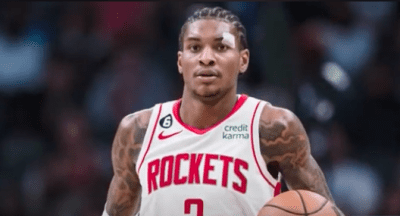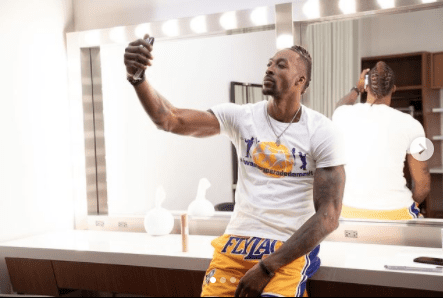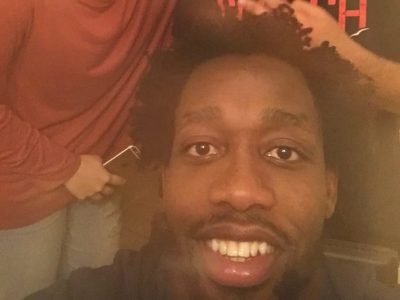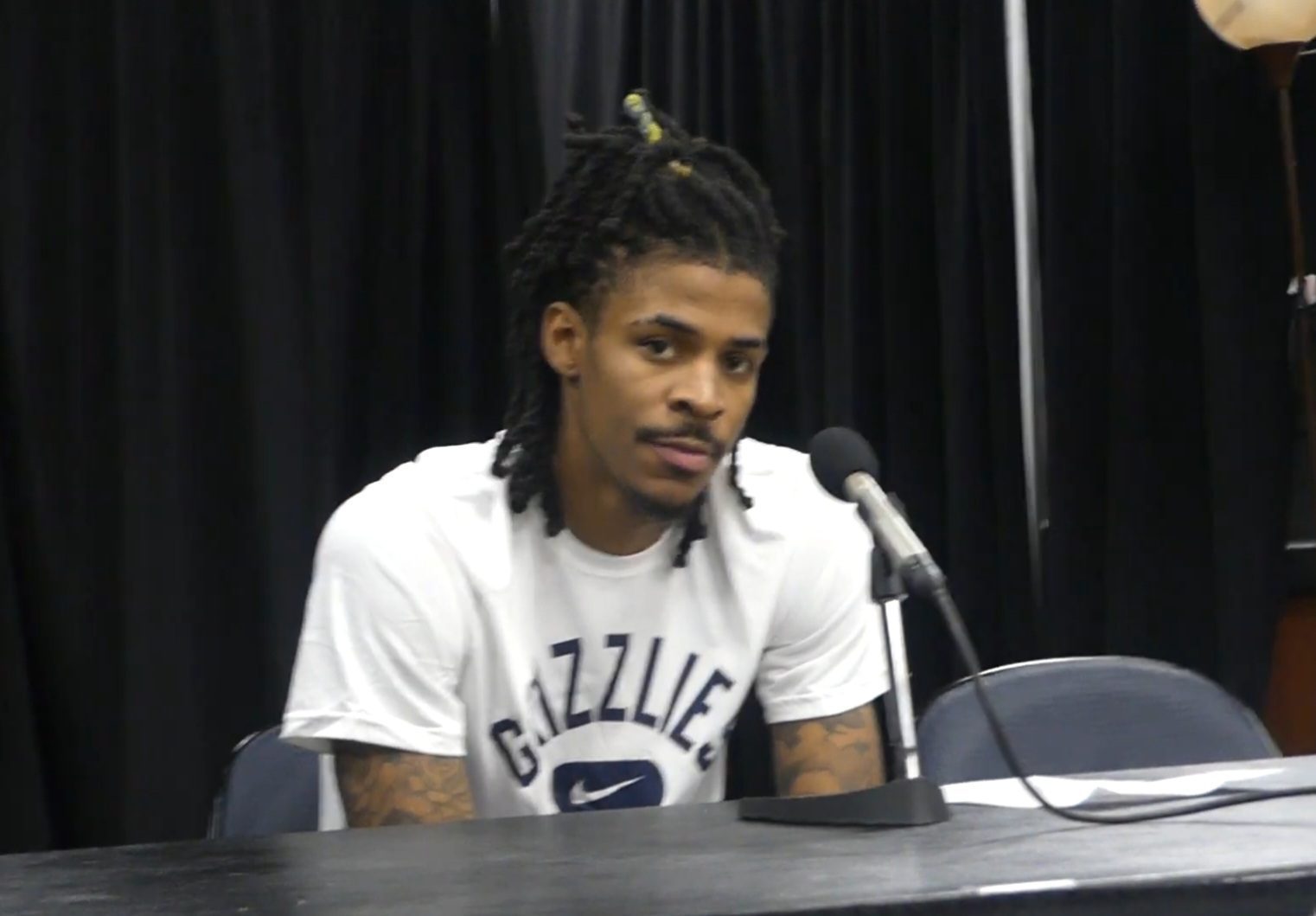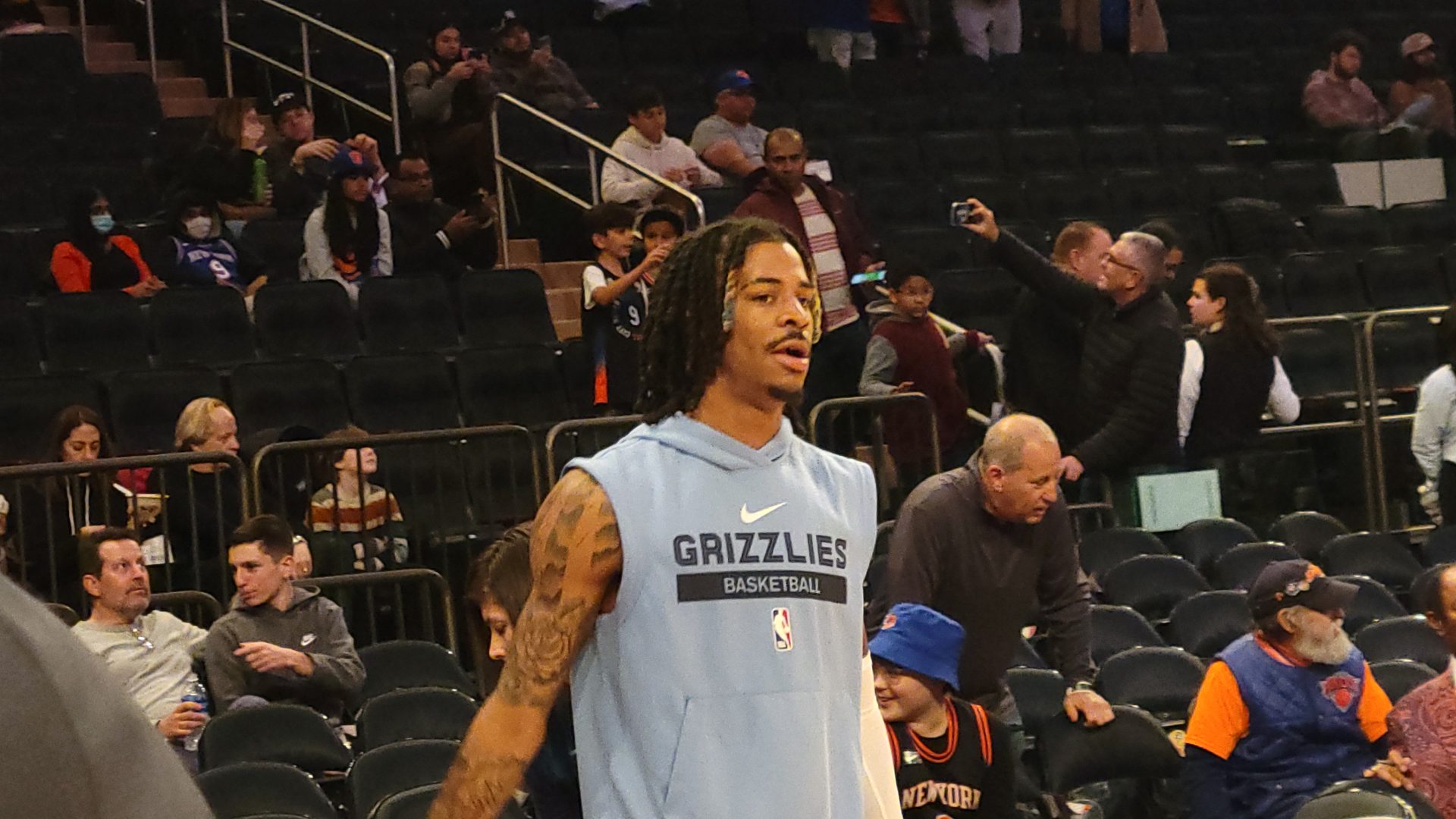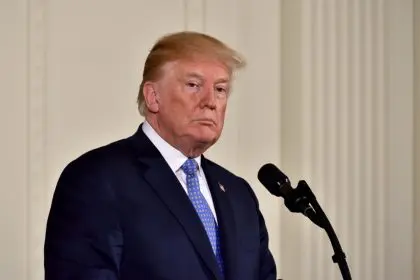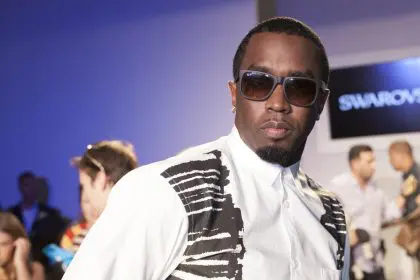
At the time, June 19, 1984, seemed like any other day in Major League Baseball. The Tigers, Angels, Phillies & Padres led their respective divisions. Thirteen games were played that Tuesday in the summer of 1984. What no one in baseball knew was that in New York City the eulogy for baseball in the African American community was being given. Because that was the day the Chicago Bulls drafted Michael Jeffrey Jordan, the man who killed baseball in the African American community.
Eclipsing baseball in the African American community was no easy feat. In the early and mid-twentieth century, Baseball was America’s game, which meant there was a “Whites Only” sign hanging over its entrance. So even though African-Americans had their own league with amazing players, many of them were itching for an opportunity to play against the Caucasian players. If you know any African Americans who were alive at the time, there are two events in April for which they all have a “where I was when” story: Dr. Martin Luther King Jr.’s assassination and Jackie Roosevelt Robinson’s debut with the Brooklyn Dodgers. Jackie Robinson made African Americans fans of the Brooklyn Dodgers, and every African American child dream of being the next Jackie Robinson. He was more than a baseball player; he was a hero whose actions paved the way for other doors of opportunity to open. Some of those doors of opportunity were to other sports.
After Jackie Robinson integrated baseball in 1947, African Americans integrated the NBA in the 1950-51 season. By the end of that decade, African Americans had become a major force in the game. Over time, basketball came to occupy a special place in the hearts of African-Americans. Unlike other sports, basketball allowed African American athletes to exhibit personal artistry and flair. Basketball quickly became the cool sport in the African American community. It was the game of Earl “The Pearl” Monroe, Dr. J and Magic Johnson. In barbershops and on blacktops, their style was revered every bit as much as their basketball skill, but they still took a backseat to the African American baseball heroes such as Hank Aaron, Willie Mays, Bob Gibson and Reggie Jackson. That would all change beginning that June night in 1984.
In the beginning, the stories sounded like tall tales or the beer drenched ramblings of a guy you hoped had a designated driver. With looks of amazement people would share what they saw in highlights. People were whispering that he was doing things on the court they had never seen before. You were just waiting for someone to say that they saw him walk on water or change water to wine. Well, Larry Bird did say he was God in disguise after he scored 63 points against the Boston Celtics. None of it sounded plausible until you saw him play. And when you saw him play, you knew he was different, special and that everything you heard was true — Michael Jordan had changed the game of basketball and had become America’s athletic hero.
“I want to be like Mike!” was more than a clever ad campaign, it was what everyone wanted to be, especially African-American boys and girls. African-American youth took being “like Mike” to heart. From playing basketball all day and wearing Air Jordans to guzzling Gatorade, MJ had nearly every African-American child emulating him. Being “like Mike” was a boon for the NBA, Nike and Gatorade, but not for Major League Baseball.
How popular was MJ? In any other generation, the exploits of Bonds, Griffey and Jeter would have had African-American kids running to the nearest baseball diamond to learn to hit, field and run bases like three of the greatest baseball players in history. But none of them were able to share the stage with MJ. Actually, no one was able to share the stage with MJ. He occupied that stage with standing room only performances that never left anyone unsatisfied. Nearly 20 years after his retirement, everyone seems to have one of those “where I was when” stories about an MJ game.
As baseball prepares to welcome Ken Griffey Jr., to the Baseball Hall of Fame, the baseball minds will try to figure out why baseball’s popularity has diminished significantly in the African American community. There are several issues that need to be addressed such as access to facilities, cost of equipment and lack of quality coaching. But reason number is simple: Michael Jordan killed baseball.

